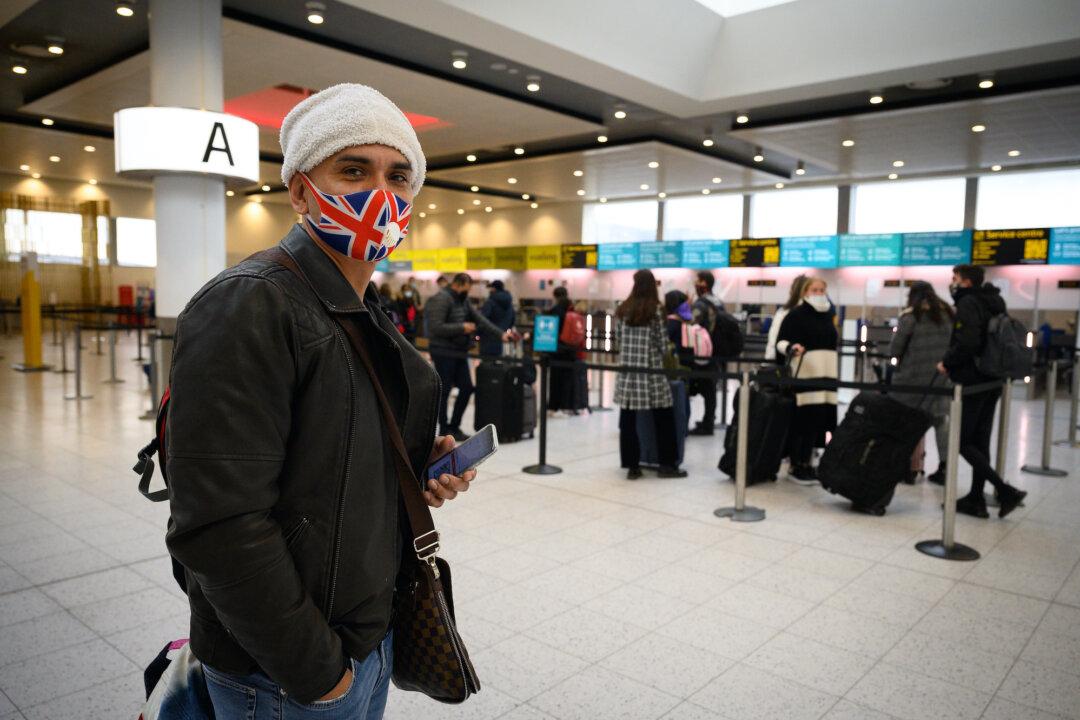Wales has joined England and Scotland in demanding inbound travelers test negative for the CCP virus before boarding their trains, planes, and boats.
“These new measures will help ensure we prevent new strains of the virus developing internationally from being imported into Wales,” Health Minister Vaughan Gething said in a statement on Jan. 15.





